Rescued babies find new life in adoption
Updated: 2014-11-28 16:09
(chinadaily.com.cn)
|
||||||||
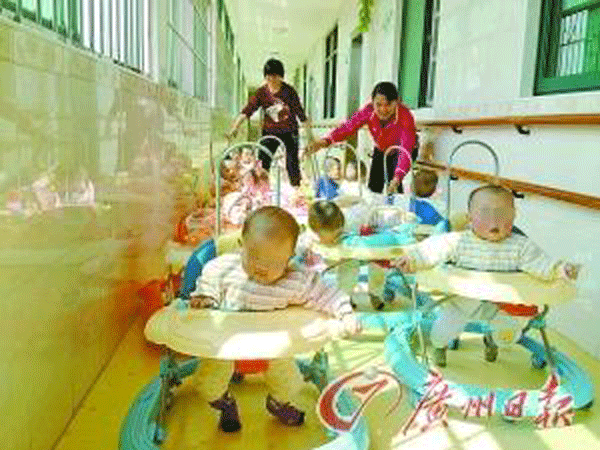 |
|
Babies rescued from the traffickers in the welfare house. [Photo/Guangzhou Daily] |
When Wang and his wife arrived at the charity house in Huizhou early in the morning on Tuesday, it was already crowded with other couples seeking to foster a baby.
"The kid we are fond of is cute. But many other couples also like the baby. We don't know if we can bring him home," said the 46-year-old, who declined to give his full name. Wang has a son suffering from a brain disease and his wife is infertile, so the couple decided to adopt a baby from the social welfare institute.
Unsure about his chances, Wang turned to a woman sitting next to him, only to find his "competitor" has a clear edge over him: the 40-year-old woman earns one million yuan ($163,000) a year and has two houses, and more importantly, she has lost her only child.
"It's just like applying for a civil service job, the competition is fierce," said Wang.
Eleven children, the oldest four years old, are waiting for their new parents. They were among 15 babies rescued from traffickers two years ago.
Despite the police's efforts to find the babies' birth parents, only two of them were brought home and another two found their natural parents through DNA testing.
As the chances of finding their birth parents become slimmer, the babies were classified as "abandoned babies" by the police and can now be adopted by foster parents.
This is good news for the babies and the welfare house, given the heavy burden of raising them and the children's need for family affection.
"We spend heavily on the kids. And the expenses will keep going up as they reach school age," said Li Xuewen, an official of social welfare at Huizhou Civil Affairs Bureau.
In the eyes of the nurses of the welfare house, adoption seems the best way for the children to live a normal life, though they are well taken care of in the welfare house for now.
"As the kids grow up, they would ask me: 'why the other kids have their own mother and we have to share a mother?' The question makes me feel sad. And as they grow older, they will feel inferior to others because they don't have parents," said Chen Su'e, one of the nursing staff at the institution.
Moreover, as the kids grow older, it becomes harder to separate them from the nurses, and the adoption will hurt them more. If the welfare institution doesn't help them find a family before they turn three, it is bad for their development, added Chen.
To find a family for the babies, Huizhou Civil Affair Bureau recently started seeking eligible foster parents.
The move proved well-received. "According to our estimate, at least 100 families will apply to adopt the 11 kids," said a staffer of the bureau.
As the competition for adoption is fierce, a 10-person panel was set up to rate the applicant families in terms of income, educational level and other aspects to select the best home for the kids. The families receiving the highest marks are allowed to bring the child home for a trial adoption of a year and if the child fares well in the new home, he or she will be adopted officially.
The Adoption Law of China does not specify whether babies rescued from traffickers can be classified as abandoned babies. Huizhou takes the lead in Guangdong province in helping babies rescued from the traffickers to find foster parents.
But a problem remains. According to the police, if the birth parents of the babies turn up in the future, they can still take back their child. The return of adopted children to the original family might be traumatic for both the child and the foster parents.
About 30,000 children are currently living with foster families across the country and latest figures from the ministry show the number of registered orphans to be about 600,000, according to Xu Jianzhong, a senior official at the Ministry of Civil Affairs.
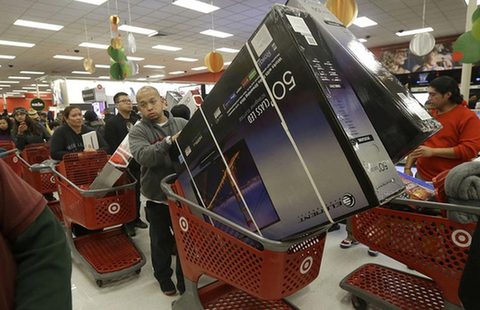
 6 things you should know about Black Friday
6 things you should know about Black Friday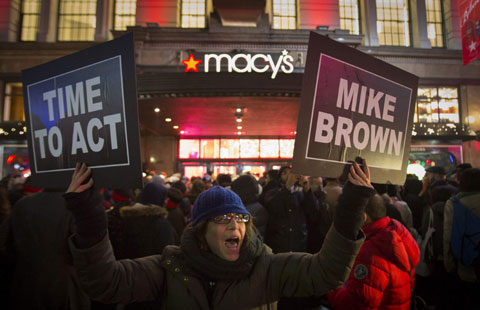
 Calm comes to troubled Ferguson
Calm comes to troubled Ferguson
 Daredevil dancer conquers mountain
Daredevil dancer conquers mountain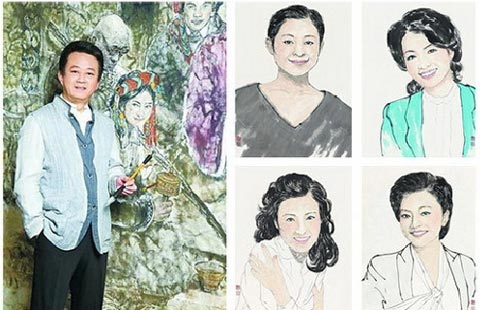
 China's celebrity painters
China's celebrity painters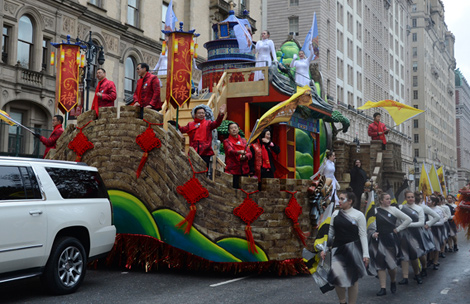
 Beauty of Beijing float making debut in Macy's parade
Beauty of Beijing float making debut in Macy's parade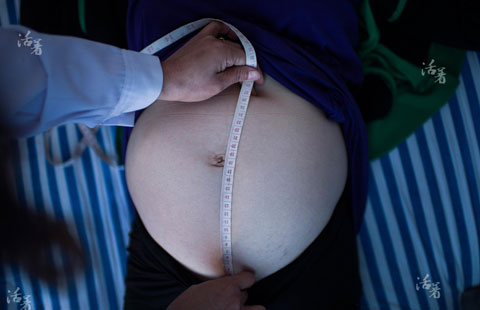
 The plight of pregnant women in rural China
The plight of pregnant women in rural China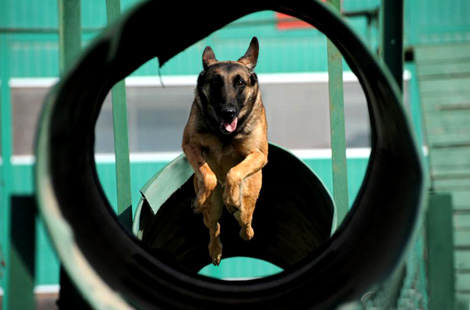
 Rescue dogs show skills in NW China
Rescue dogs show skills in NW China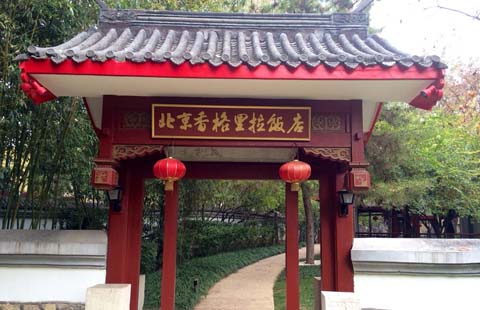
 Top 10 largest hotel chains in China
Top 10 largest hotel chains in China
Most Viewed
Editor's Picks
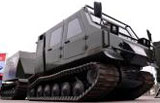
|

|

|
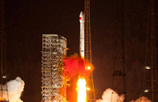
|

|
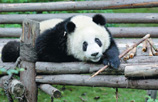
|
Today's Top News
China, US targeting terror online
More understandings, co-op between China and US
Macy's says huanying to Chinese tourists
Cupertino gets attention with its Asian-American-majority City Council
Amazon takes Black Friday to China
BMO Global Asset Management Launches ETFs in Hong Kong
BlueFocus aims to acquire Canadian company
Microsoft to face $137m bill for back taxes
US Weekly

|

|







